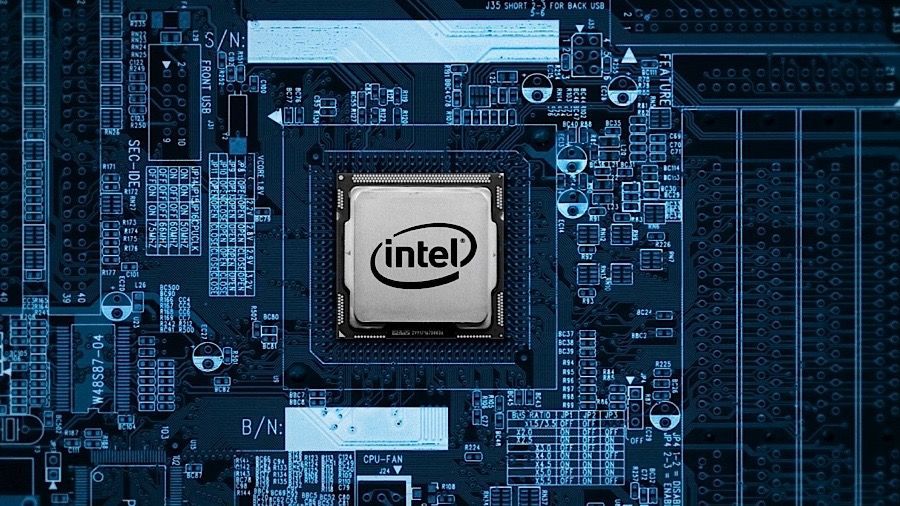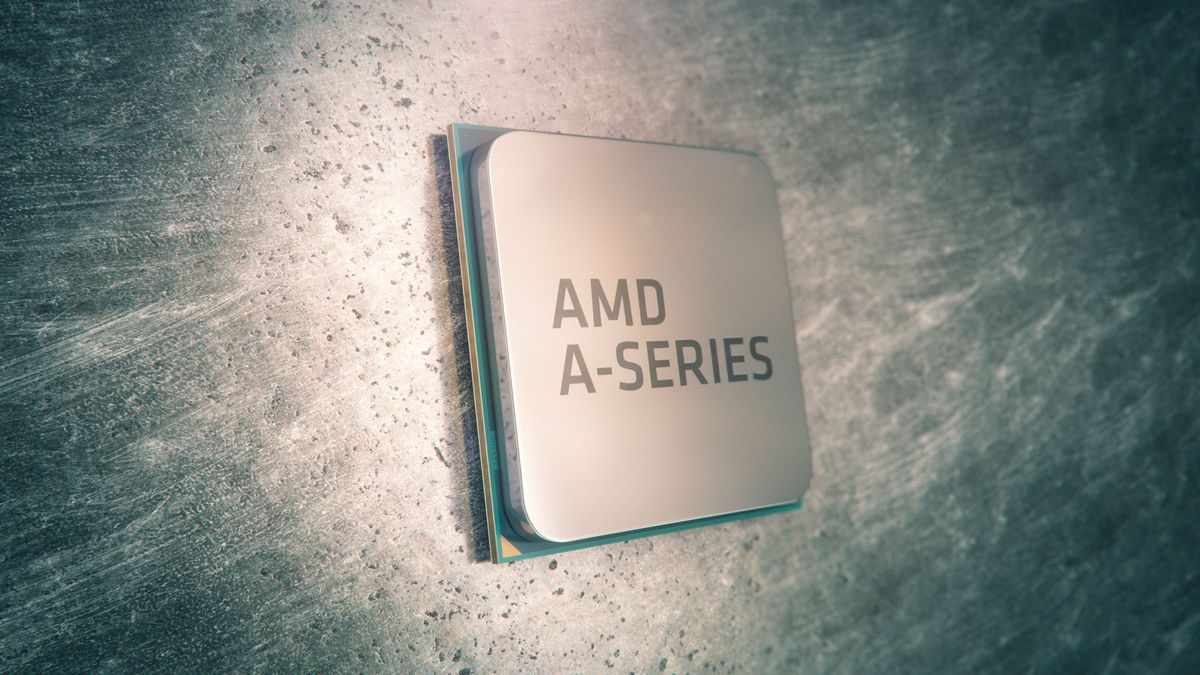Arkaign
Lifer
- Oct 27, 2006
- 20,736
- 1,379
- 126
I've no idea what meta-data means in terms of the CPU cache/RAM but here's an example from a related field of tech. On HDDs/SSDs/flash drives/etc. you have files which contain actual data. Then you have their records in the file allocation table, which tells the OS where to find these files on the underlying storage. This entire table is basically meta-data. File names could also be considered meta-data. All things considered such meta-data cannot be used directly to infer the contents of the files but it may hint at what's being stored.
Considering that not a single major company has made an announcement about this vulnerability it's safe to assume it's either very hard or near impossible to exploit, or already fixed. The Linux kernel usually gets such fixes as soon as they are announced and this time it's been nothing. The most recent Linux kernel 5.5.8 has absolutely nothing.
Yeah from everything I've seen of these side channel attacks, they're very time consuming, require elite expertise, and even if everything goes perfectly, the odds of actually pulling anything much of relevance is a crap shoot. It's like Vic-20 300 baud modem performance type hacking. Given the plethora of other tricks and exploits of other kinds which basically give you admin/root on most systems should you find the correct vector (be it a third party service, a human exploit, whatever), I think these things are mostly in the 'thats interesting' phase.
I think it's sort of funny in a roundabout way that Intel was paying this research group to find bugs in its own CPUs, and they ended up also finding a similarly 'so what' bug in the AMD stuff. Well, I guess there was that other variant of Meltdown (S?) that affected Ryzen. But still, I'd used 'affected' in the loosest possible terms.
Still think I'll be recommending Ryzen 3000 series for home/WS, and Threadripper/EPYC for more serious big iron customers, even if they found a hundred of these stupid near useless exploit things. Other than used deals, it's damn hard to justify current Intel pricing for 115x products.








